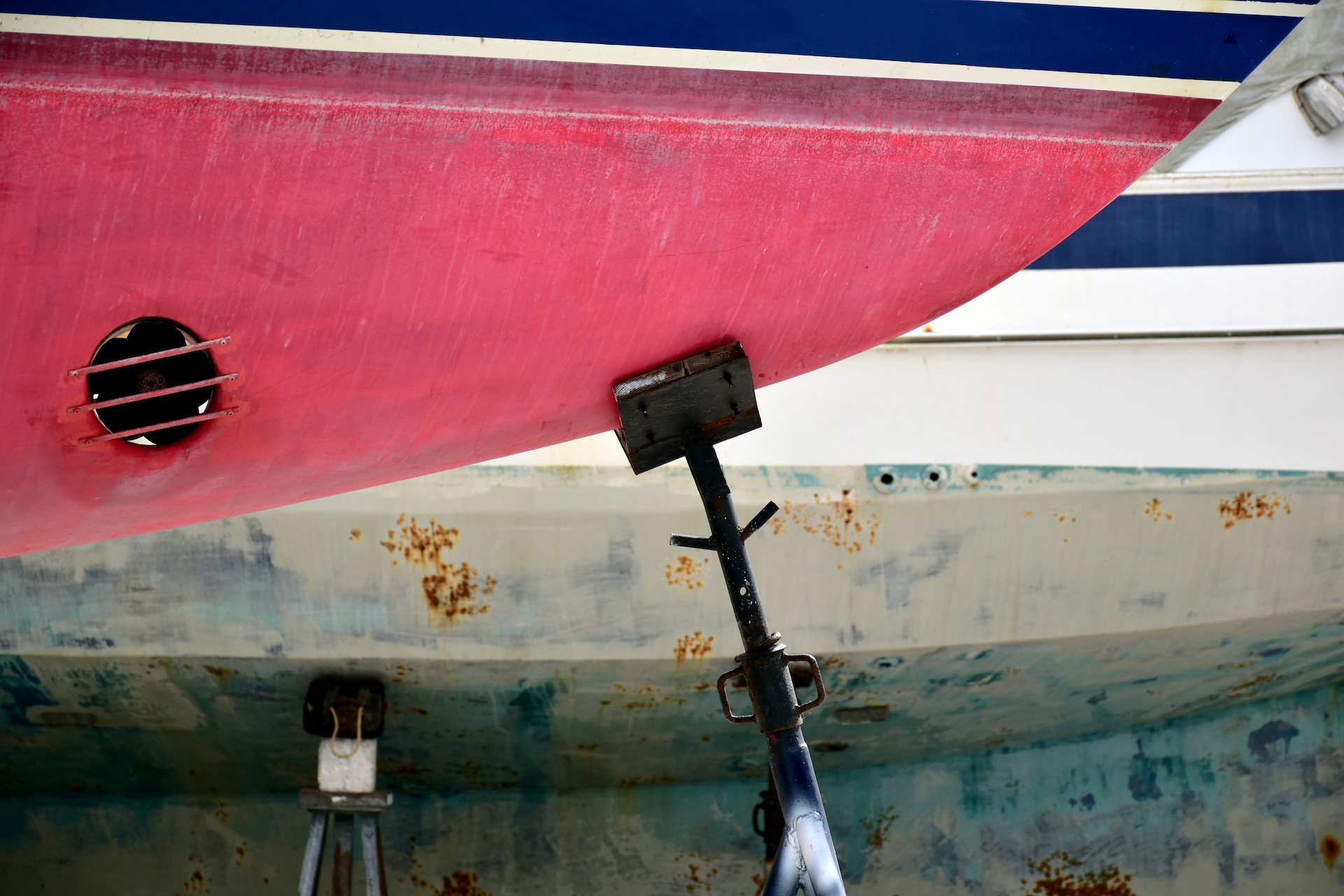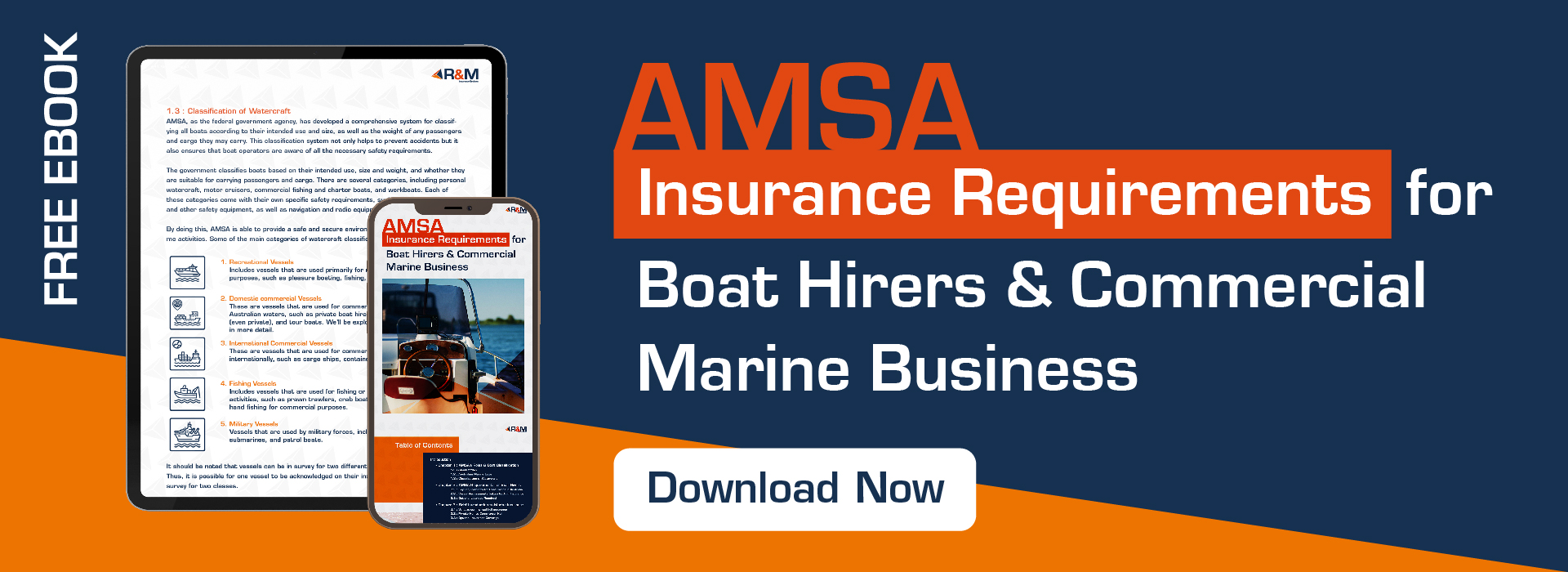
Compliance is a critical aspect of running a marine business. The ability to meet the necessary legal and regulatory requirements dictates the very survival of your business. With numerous regulations and standards specific to the marine industry, it can be overwhelming to keep track of all the necessary compliance measures.
That’s where having a comprehensive compliance checklist becomes invaluable. Having a compliance checklist can ensure that your marine business meets all the required compliance standards. Hopefully with this checklist, you can navigate the complex landscape of regulations, maintain a safe and compliant operation, and mitigate potential risks and penalties associated with non-compliance.
Here’s a 10-item checklist of important compliance considerations for your marine business:
1. Licensing & Permits
Just because it’s obvious does not mean it shouldn’t be on the checklist. For your business to comply with legitimate bodies of authority, you must obtain the necessary licences and permits required for operating a marine business. In Australia, the governing body (AMSA) requires marine businesses to specify the nature of their commercial operation, whether it’s a boat rental, charter service, fishing and other activities. As such, ensure that you have all the right licensing pertaining to your operation in your checklist.
2. Financial & Tax Obligations
As a business, you are subject to various business taxes at state and federal level. In your list, ensure that you include all relevant financial obligations, such as tax payments, accounting records, and financial reporting. Look out for any specific financial regulations applicable to the marine industry, such as customs duties or import/export requirements as well. Some banks would also have special requirements from business accounts or loans.
3. Insurance Coverage

Commercial marine insurance works differently than private boat insurance. So be sure that you are getting the right coverage. For compliance, your business would need several insurance policies such as commercial hull insurance, marine liability insurance, and workers’ compensation insurance. Don’t forget to review and update your insurance policies to ensure they adequately cover your business operations and assets.
4. Safety Compliance
Include all safety regulations and standards applicable to your marine business in the checklist. This can include vessel safety equipment, passenger capacity limits, and emergency response procedures. To ensure safety compliance, follow AMSA’s requirements relevant to your marine business. It can also be helpful to implement safety training programs for your staff and ensure they are knowledgeable about safety protocols and procedures.
5. Employment & Labor Laws
Watch out for any employment and labour laws that you need to comply with. Legal requirements such as minimum wage policies, working hours, employee benefits, and health and safety regulations should be taken seriously to avoid non-compliance. It’s helpful to maintain accurate employee records and adhere to fair employment practices.
6. Contractual Agreements
Another important item to add into the compliance list are contractual agreements with clients, suppliers, or other parties. Compliance with these legal contracts will ensure a positive outlook for your business legitimacy. Ensure these contracts are legally sound and protect the interests of your marine business. You can review and update the contracts regularly to reflect any changes in your business operations or legal requirements.
7. Data Protection & Privacy
It’s important to know data protection and privacy laws when handling certain data such as customer information. The main policy pertaining to data protection in Australia is the Privacy Act 1988, which governs the collection, use, and disclosure of personal information by agencies and businesses (applicable to private sector organisations with an annual turnover of AUD 3 million or more). Thus, there are privacy obligations to comply with when handling customer data.
8. Regular Inspections & Maintenance Compliance

There might be mandatory reporting requirements outlined by AMSA, as well as other maintenance and inspection requirements that you need to comply with. Conduct regular inspections of your vessels, equipment, and facilities to ensure they meet safety standards and are well-maintained. Be sure to keep records of inspections and maintenance activities for documentation and reference.
9. Environmental Compliance
It’s worth including any environmental laws that your marine business will need to adhere to. Australia has a few important environmental regulations regarding waste disposal, pollution prevention, and the protection of marine ecosystems. These regulations cover various aspects, including the discharge of oil, chemicals, and sewage from ships, as well as the management of garbage and ballast water.
10. Ongoing Compliance Monitoring
Last but not least, it’s helpful to stay updated on changes in regulations and industry standards relevant to your marine business. There can be many external and internal forces of change, such as shifts in regulations or changes in your marine operations. So, review and assess your compliance status to identify any areas that may need improvement or adjustment
Conclusion
The compliance checklist we’ve talked about today is simply a general guide. It’s still advisable to consult with your legal and regulatory advisors to ensure compliance with specific requirements applicable to your marine business and location.
Maintaining compliance in the marine industry is a continuous process that requires diligence and attention to detail. Ensuring compliance not only helps you meet legal obligations but also demonstrates your commitment to safety, environmental responsibility, and professionalism.
By proactively managing compliance, you can safeguard your business reputation, build trust with customers, and mitigate the potential risks and consequences of non-compliance. Set a solid foundation for success and navigate the marine industry with compliance.

